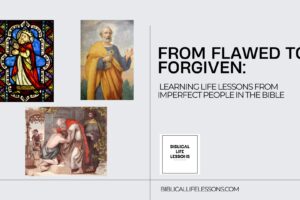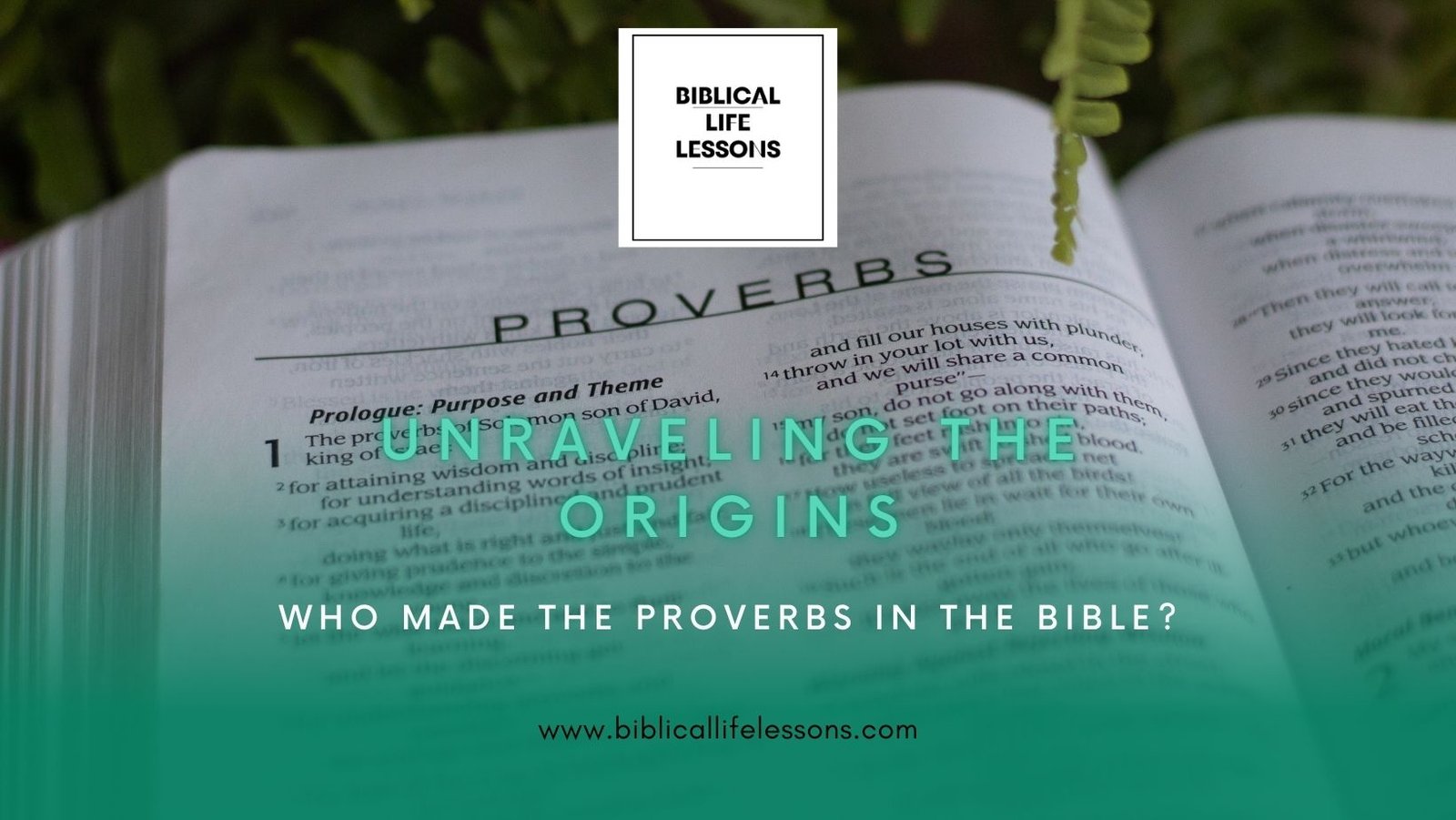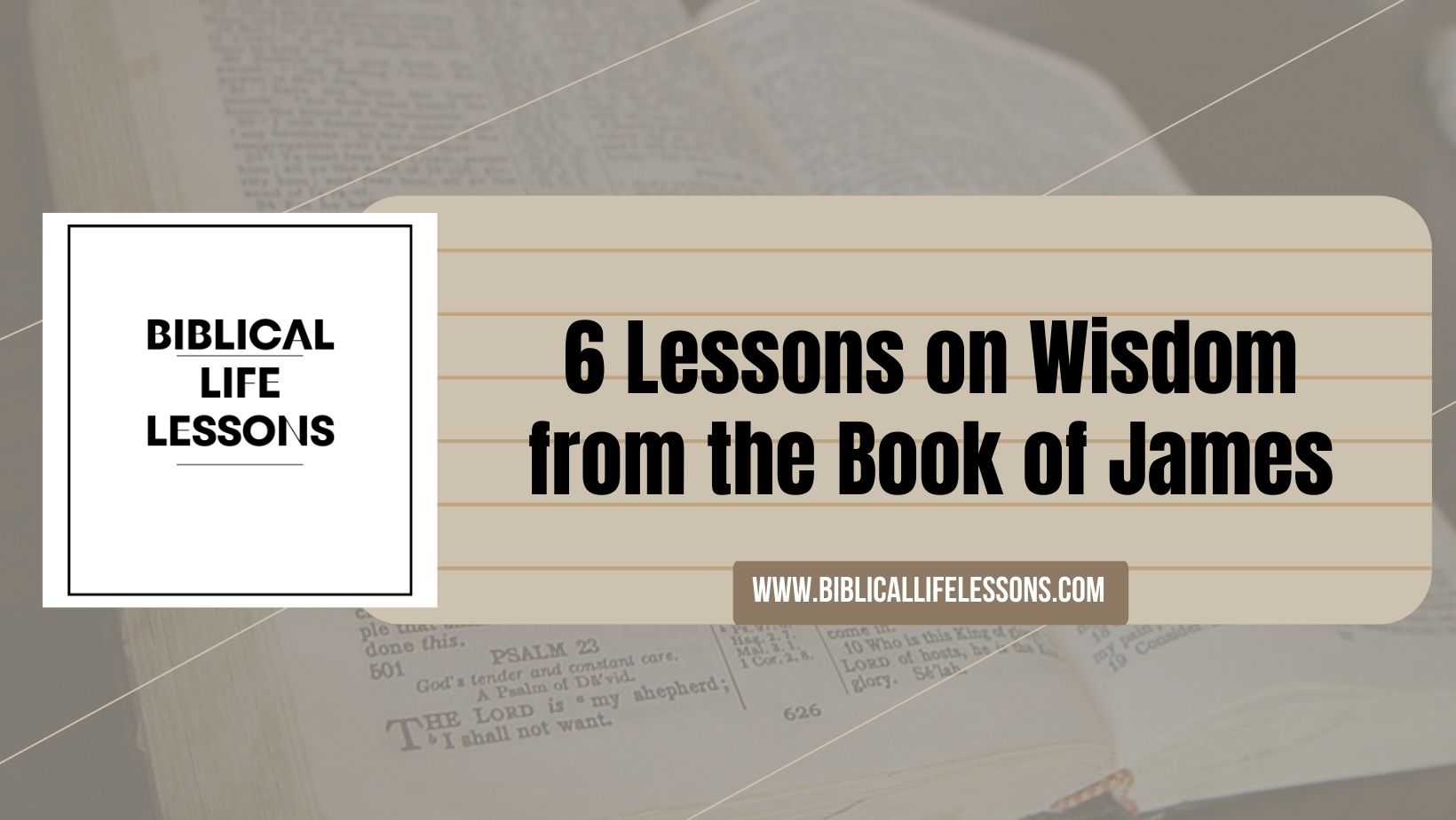The Book of Proverbs, a treasury of timeless wisdom found in the Bible, has intrigued readers for centuries. A question that often arises is, “Who made the proverbs?” Delving into the historical and biblical context, we explore the attributed author and the profound impact these wise sayings have had on countless lives.
King Solomon: A Legacy of Wisdom
The traditional attribution of the Book of Proverbs points to King Solomon, the son of King David. Solomon, renowned for his exceptional wisdom, is a central figure in the Bible. His reign is often characterized by stories of divine insight, notably the famous incident where he asked God for wisdom, which resulted in his renowned discernment.
Proverbs and Solomon’s Authorship
While not every proverb is explicitly credited to Solomon, the association stems from the biblical narrative. Proverbs 1:1 opens with the phrase, “The proverbs of Solomon, son of David, king of Israel,” establishing a connection between Solomon and the wisdom literature.
The Wisdom of Solomon: A Timeless Legacy
Solomon’s wisdom extended beyond his era, influencing generations to come. The Book of Proverbs covers a wide range of topics, offering practical guidance on matters of ethics, morality, and righteous living. Its universal appeal lies in the profound insights that remain relevant across cultures and epochs.
Diverse Authorship Within Proverbs
While Solomon is the predominant figure, it’s essential to note that Proverbs encompasses a collection of sayings with diverse authorship. Proverbs 22:17 introduces “the sayings of the wise” as another layer within the book. This implies a collaborative effort, incorporating wisdom from various sources.
Theological Reflections on Authorship
Beyond historical perspectives, theological considerations also come into play. Some scholars approach the authorship question recognizing the human and divine elements in the biblical text. This perspective sees God as the ultimate source of wisdom, with human authors serving as vessels for conveying these timeless truths.
Impact on Faith and Daily Living
Regardless of the debate surrounding authorship, the Book of Proverbs has left an indelible mark on Judeo-Christian traditions. Believers turn to its pages for guidance in navigating life’s complexities, making righteous decisions, and fostering virtues.
In conclusion, while tradition attributes the Book of Proverbs to King Solomon, the intricacies of authorship extend beyond a singular figure. The collective wisdom encapsulated in Proverbs continues to inspire and guide, inviting readers to ponder the profound insights that transcend time and cultural boundaries. As we explore the origins of the proverbs, we unearth a rich tapestry of wisdom that remains a beacon for those seeking understanding and virtue in their journey of faith.











